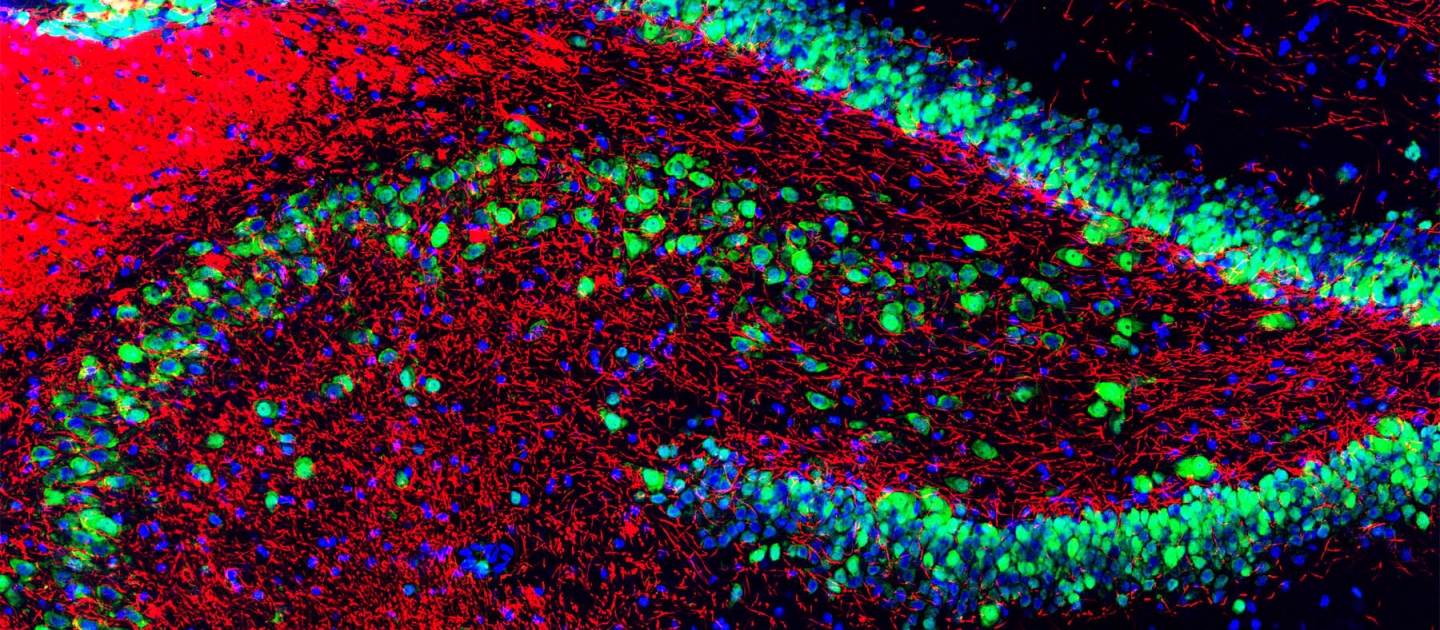Theme lead: Prof Paul Murray
Diagnostic test development pipeline:
By virtue of its generic nature, our diagnostic test development pipeline will allow the efficient deployment of expertise and resource across the pipeline and ensure cross-talk and sharing of best practices between the different clinical and basic science themes.
DeCIPHER: Deconvoluting Complex Images of Pathology for Health, Education and Research.
This initiative will be founded on the theme of ‘cancer and immune-mediated inflammatory diseases’, the concept of a ‘pathogenic microenvironment’ providing the unifying pathophysiological link that will align to and strengthen the existing UL Centre for Interventions in Infection, Inflammation and Immunity (4i) and create digital pathology research networks across Ireland. Housed within the Biomedical Sciences Institute, DeCIPHER will also serve as an engine for the development of stratified pathology in a partnership between academic and healthcare institutions in Ireland to drive the translation of laboratory discoveries into solutions for unmet clinical problems, while at the same time engaging with industry to steer commercialisation of the emerging science.
The key objectives are in:
Data analysis: We have excellent access to samples and existing ‘omics’ and digital pathology data from well-defined cohorts of patients linked to electronic patient records and data, providing a powerful informatics system defining demography, phenotype and clinical outcome. These data will be supplemented, where appropriate, by additional genomics, functional genomics, metabolic phenotyping, and deep immunophenotyping analysis.
Algorithm discovery: We will use these data to develop an integrative framework to host exploratory, computational predictive, diagnostic and exploratory machine learning models. This will enable a transition from a detailed analysis of the underlying pathogenic processes to economically viable diagnostic tests and therapeutically actionable targets.
Test development: Translation of these algorithms into the ‘real world’ diagnostics will require the development of multiplex tests for their measurement in patient samples. In the first instance, we will focus on the development of multiplex-based diagnostics in two key areas; digital pathology and genomics.
Our expected impacts are heavily industry focused. They include:
Change clinical practice, catalysing diagnostic stratification in defined diseases: We have identified key points in care pathways where new diagnostics are feasible and maximally impactful. Our integrated regional infrastructure will allow Molecular Pathology to become a focal point for collaborative innovation to scale rapidly into clinical practice.
Increased efficiency and scope of diagnostic tests in stratified medicine: The integrated infrastructure and processes of the Group will enable it to become an efficient test discovery-evaluation-implementation vehicle accessible to other research groups across the biomedical community and diagnostics industry.
Address national-level skills shortages: Integrating academic, clinical and industry training opportunities for example, in Molecular Pathology within existing and bespoke undergraduate/postgraduate programmes to address the identified skills shortages.
Impact 4: Derive a better understanding of disease
We will generate rich sources of data and technologies to feed back into existing basic and translational research programmes and identify novel interdisciplinary research opportunities.
The changes in clinical practice that flow from the implementation of new diagnostics will reduce the burden of illness and the cost of unnecessary treatment on the Irish economy, while at the same time increasing commercial opportunities for industry.
